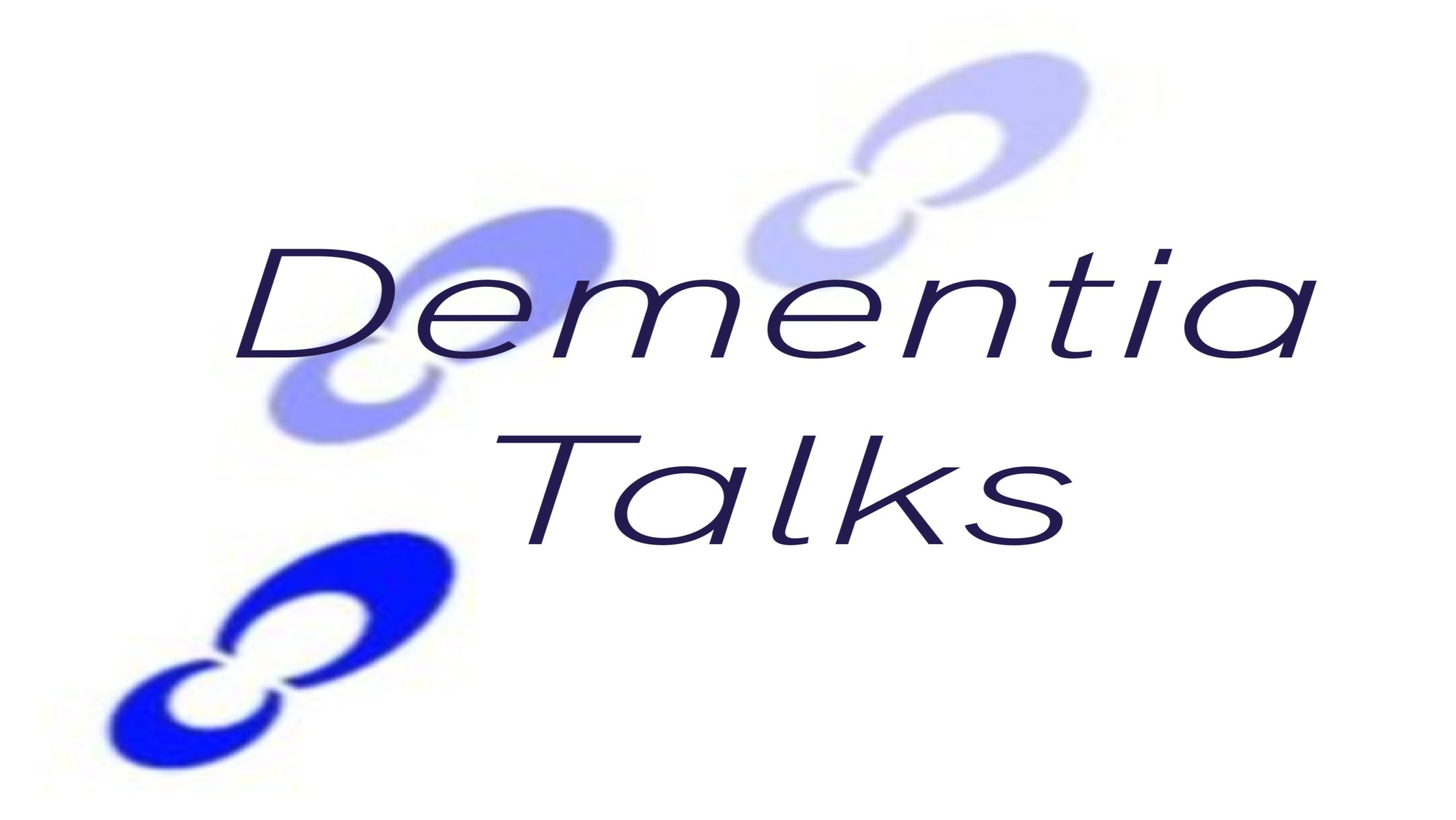“Who do you think you are?”
As a statement this phrase usually asks what do you think you’re doing?
Or I could place the emphasis some place different and say,
“Who do you think you are?”

For most of my life I define myself as a consultant, senior consultant, partner, senior partner, managing partner, I have had lots of titles, even Vice President. I’ve owned two companies, so I guess I was a CEO and President too, but I preferred owner as a better term.
But those things are not what defines me. Although in our American society, far too often we let our title or roles define us.
Actually, the question of “who do you think you are?” is much simpler to answer… my answers should be I’m Ted that’s all.
Additionally, my answers should not be defined by the disease that I have, or it should not be defined by a condition that I’m fighting against; it should only be defined as I am Ted.
That may sound like a deep philosophical statement, but it is not.
Unfortunately, we all forget all too often to answer the correct way. In our society we also do a great disservice to each other by saying Hi! I’m Kari’s Mom etc. or Kelsey’s Dad. We do the same thing when someone introduces us as Hi… this is Ted, Ted has dementia, or this is Ted, Ted was a Retired Vice President coming from a point of view of my last job.
Last summer I took a boat ride with a friend and as we went around the lake and looked at the beautiful homes. I was informed as we looked as to what each owner did in the present or in the past to afford such a lovely second home.
As a Vice President in my last job this became painfully obvious. Because of my background in consulting, I would make suggestions to my team about the way things could be done, with the idea to stir conversation, unfortunately because they saw me as their Vice President; the person in charge; they didn’t see it as a suggestion, or something to think about as a way to come up with alternatives solutions. No, they saw it as Ted telling them that they needed to do it Ted’s way.
That’s the problem we have when we start thinking about ourselves in terms of our titles or position in life. We deny ourselves the opportunity to fully understand and know each other.
Let’s consider the implications when we are talking about dementia or other diseases.

This is also true when someone says this is Ted, Ted has dementia, people automatically come up with their own conclusions. I will on occasion hand out my cards that says, “please speak slowly because I have dementia and sometimes, I do struggle with keeping up with people”.
Because of widespread lack of knowledge about dementia, after I have shown them the card, I have had some people stop talking to me and start talking to Christy… Like I’m not there. Or worse I have had people start talking louder to me like I am hard of hearing.
I get it, some people just by nature start rattling off things, especially if they do it many times a day, like when you are checking into a hotel and talking to the clerk at the desk. They do it so many times a day they struggle when asked to change their pattern.
But the question that I’m asking is both of myself and of you is “who do YOU think YOU are?
For me, the definition of Ted. I am not Ted with dementia anymore that someone suffering with cancer is introduced as “hello I’m Bob with cancer.”
Not that I’m without dementia, but… dementia does not define me.
Yes, dementia has caused limitations.
Although the disease can create exactly that.
My definition of who is Ted? Ted is a person who is fighting against; or working against; a disease of the mind that causes me to struggle to remember things, to forget things, to studder, to struggle with physical issues that cause pain and other things, but it also should not be my limiting factor.
I am a person; like many people; who can improve.
- I can get better over time or slow the progress.
- I can choose to make new neural pathways for ones that are broken
- I can choose to find easier ways to do things when the old way is more complex or doesn’t serve me well.
- I can choose to change
- I can choose to be something that I wasn’t before
Most importantly, I am not Ted with dementia, I’m not Ted with Lewy Body, I am not Ted with a problem with my speech, I am not Ted who has a problem with his diction.
All of those may be true but those are things that have come up which I am now working on.
So, to answer to your question or to the question is who are you?
I am and always will be a work in progress

This is the basis of the Buddhist teaching to Mindfulness. In the Eight-Fold Way we are taught that to be mindful we need to have both a right mind and a meditation to achieve mindfulness. This is where separating the mind from body comes in.
In the past I was as always learning in my career just as I was learning in school. I’ve always been a work in progress and just because you have come down with the disease that is challenging the mind (or the body) doesn’t mean you need to stop being that person, who is a work in progress.
And so, answer to the question of who are you? For me it is relative, but the most important answer is I’m Ted. I’m very glad to meet you I hope these articles (the original “Ted Talks” as my kids call it) challenge you to test your feelings because we’re all works in progress, if we expect to do the work.
OK You May Need Some Examples…
How Do You Rewire You Brain?
Recently I learned throughout my group of fellow Dementia Partners that one of the participants in the group decided to improve their scores on cognitive mental ability etc. to get their score up. Over achievers never die… so to get her score up she got her prior cognitive test score from her doctor both the regular test and the other more in-depth test. Then she literally goes step-by-step to work on specific mental skills that will help her pass that test at a higher level.
I never thought about doing that I just thought OK whatever the test score is, it is. I come without any kind of preparation or any kind of training to the test – Now that is what I call training your brain. She refuses to accept that she cannot get better.
If I had a broken wrist or something, part of the healing process is physical therapy you need to do the things to make your wrist feel better.
So why is dementia any different? Why should I accept that dementia is something absolute that I cannot change or improve, or workaround why can’t I build new neural pathways?
Maybe at some point in time to come that will not be possible, maybe at some point in time my mind like body; or my wrist; will have so much damage it can no longer be repaired.
So far, I’m not ready to give up on it and you shouldn’t either.
So, I hope you enjoy these articles / talks, I hope you enjoy this discussion today and I promise you I’m not giving up. I’m not going to go get my prior test results (and there have been a number of them) I am going through Physical, Occupational and Speech Therapy. and I’m going to find out where my weaknesses are I’m going to do the mental exercises that are necessary to improve.
This is why I have gone through Occupational therapy and am going through Speech Therapy and I’m doing Physical Therapy (PT) all with the idea that I am Ted who has Lewy Body Dementia I will be!
A work in progress!

I will…
- Find those things which help me build those new neural pathways.
- find those things with help me balance better
- find those things which help me improve my speech
So, who’s Ted?
Ted is a work in progress!
Thank you today for reading / listening to Wandering Lite or Dementia Talks and I hope you enjoyed this information. There is much, much, more available on WanderingLite.com and Dementia Talks.




No Comments